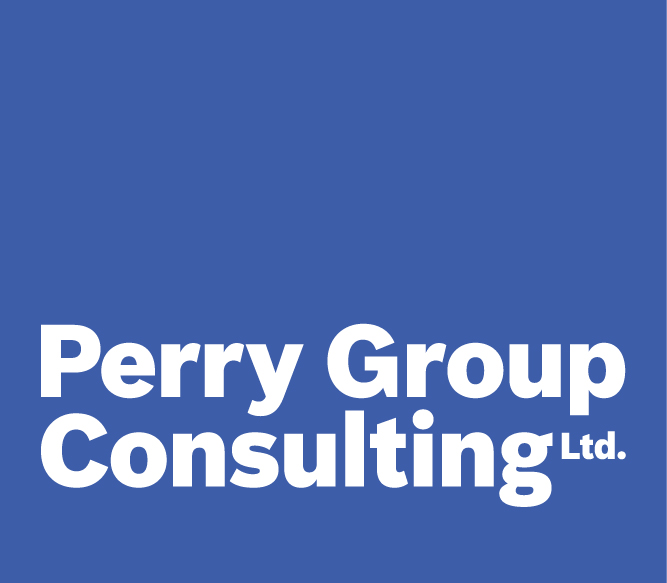The Clock is Ticking: Why Municipalities Need to Rethink ERP Systems
For years, many municipalities have delayed upgrading their finance and HR systems. These projects can be massive, costly, and downright intimidating. But as the saying goes, “If not now, when?” The reality is that delaying these updates is no longer sustainable. Old systems are becoming obsolete, inefficiencies are piling up, and the cracks are starting to show.
Perry Group supports municipalities through these challenges by focusing on strategic planning and ERP modernization, providing the tools and guidance municipalities need to prepare for the future with confidence.
Why ERP Updates Are Urgent
Municipalities rely on their ERP systems to manage critical operations like payroll, accounting, budgeting, and human resources. However, many of these systems were implemented 10, 15 or even over 20 years ago. Back then, they may have been state-of-the-art, but today they’re holding municipalities back. Vendors are pulling support for these legacy systems, leaving municipalities vulnerable to breakdowns and rising maintenance costs.
Even more concerning are the inefficiencies these outdated systems create. Time and attendance tracking, accounts payable, and basic HR processes often rely on clunky manual workflows. It’s not just frustrating—it’s a massive waste of time that could be better spent on more meaningful work.
The hesitation to upgrade ERP systems often boils down to fear—fear of the unknown, fear of failure, and fear of disruption. For many municipal leaders, memories of past ERP implementations still loom large. These projects can be complex and time-consuming, and the idea of tackling one again is daunting.
The Cost of Delay
The longer municipalities postpone upgrading their systems, the greater the risks and inefficiencies become. Aging technology will not improve on its own, and delays only extend the burden of maintaining outdated and inefficient processes. Much like a deteriorating road, temporary fixes can only go so far before a complete overhaul becomes unavoidable.
Employees, too, are increasingly impacted by these outdated systems. In their personal lives, they are accustomed to using modern, intuitive tools, making the contrast with workplace technology even starker. The inability to access simple self-service features—such as checking vacation balances or submitting expense claims—creates frustration and hampers productivity. Continuing to rely on manual processes, like paper forms and spreadsheets, is both time-consuming and avoidable in an era where automation can streamline these tasks. Addressing these inefficiencies is no longer optional; it is a pressing necessity.
The Benefits of Modern ERP Systems
The good news is that modern ERP systems offer solutions that can transform how municipalities operate. By automating repetitive tasks, these systems free up time and energy for employees to focus on strategic initiatives. Imagine an HR system that automatically updates an employee’s pay when they hit a milestone or an accounting system that tracks expenses in real-time. These aren’t futuristic dreams—they’re features that are available right now.
Here’s what municipalities stand to gain:
Improved Efficiency: Automation reduces the burden of repetitive tasks, freeing up staff to work on higher-priority projects.
Better Access to Information: Self-service tools empower employees and managers to access the information they need without going through gatekeepers.
Scalability: Cloud-based systems are designed to grow and adapt, ensuring they stay relevant as needs evolve.
Taking the First Step
Yes, upgrading an ERP system is a significant undertaking, but it’s far from impossible. The key to success lies in thoughtful planning and execution. Here are some tips for municipalities ready to make the leap:
Start Early: Don’t wait until your system is on the verge of collapse. Begin planning now to ensure you have the time and resources to do it right.
Take It in Phases: Breaking the project into smaller, manageable steps can reduce the risk of overwhelming your team.
Educate Stakeholders: Help employees and leaders understand the benefits of modern ERP systems. The more they see the value, the more likely they are to support the project.
Seek Expert Guidance: Partnering with experienced advisors can help municipalities navigate the complexities of ERP implementation and avoid common pitfalls.
Real-Life Lessons from Other Municipalities
Municipalities of all sizes are beginning to take action. For instance, smaller communities have implemented modern systems to streamline HR and finance operations, freeing up staff to focus on more strategic work. Larger regions have embraced phased approaches, ensuring smooth transitions without disrupting day-to-day services.
The common thread? A clear roadmap, realistic timelines, and strong collaboration among stakeholders. By prioritizing thoughtful planning and execution, these municipalities are proving that ERP upgrades can be both manageable and transformative.
For municipal leaders, the imperative is clear: action cannot be delayed. Waiting until legacy systems fail or processes become unsustainable is not a strategy—it’s a costly and avoidable risk.
Modern ERP systems represent more than technological upgrades; they provide the foundation for streamlined operations, engaged employees, and enhanced public services. While the prospect of change can feel overwhelming, a well-thought-out plan and the right resources make success achievable. With the Perry Group as your guide, your municipality can confidently embrace the future.
Take the first steps today. Proactive planning will position your municipality to thrive in the years to come, ensuring operational resilience and long-term success.
